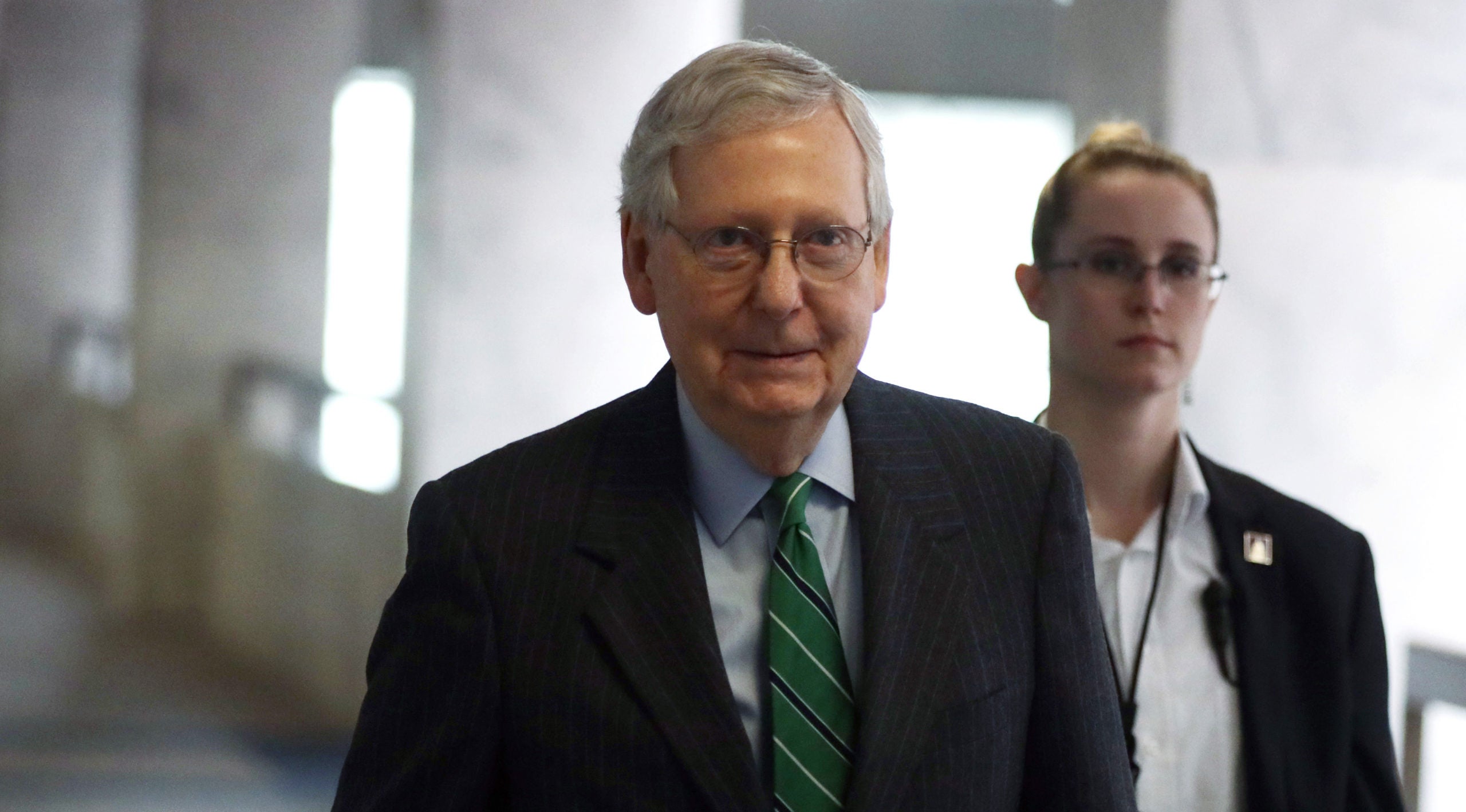Raw Senate debate on voting bill unlikely to end filibuster
WASHINGTON (AP) — Senators opened an emotional, raw debate Wednesday on voting legislation that Democrats and civil rights leaders say is vital for protecting democracy but that’s almost certain to be defeated without a filibuster rules change.
It’s a stunning setback for President Joe Biden and his party.
Despite his late push, Biden has been unable to persuade two holdout Democrats, Kyrsten Sinema of Arizona and Joe Manchin of West Virginia, to change Senate rules so the party can overpower a Republican filibuster that is blocking the voting bill. The two senators have withstood an onslaught of criticism from Black leaders and civil rights organizations, and they risk further political fallout as other groups threaten to yank campaign support.
In piercing speeches, the debate is carrying echoes of an earlier era when the Senate filibuster was deployed by opponents of civil rights legislation. It comes as Democrats and other voting advocates nationwide warn that Republican-led states are passing laws making it more difficult for Black Americans and others to vote by consolidating polling locations, requiring certain types of identification and ordering other changes.
Senate Majority Leader Chuck Schumer vowed the fight is not over and ridiculed Republican claims that the new election laws in the states won’t end up hurting voter access and turnout.
“We are going to keep fighting long after today,” Schumer said Wednesday as he opened the Senate.
Democrats decided to push ahead at a tumultuous time for the president and his party. Biden is marking his first year in office with his priorities stalling out in the face of solid Republican opposition and the Democrats’ inability to unite around their own goals.
The Freedom to Vote: John R. Lewis Act combines earlier bills into one package that would make Election Day a national holiday, ensure access to early voting and mail-in ballots — which have become especially popular during the COVID-19 pandemic — and enable the Justice Department to intervene in states with a history of voter interference, among other changes.
Both Manchin and Sinema say they support the package, which has passed the House, but they are unwilling to change the Senate rules to muscle it through that chamber over Republican objections. With a 50-50 split, Democrats have a narrow Senate majority — Vice President Kamala Harris can break a tie — but they lack the 60 votes needed to overcome the GOP filibuster.
Instead, Schumer announced the Senate will vote on a more specific rules change for a “talking filibuster” on this one bill — requiring senators to stand at their desks and exhaust the debate before holding a simple majority vote, rather than the current practice that simply allows senators to privately signal their objections.
Ahead of initial voting, one pivotal Democrat, Arizona Sen. Mark Kelly, announced he would join in supporting the limited Schumer plan to pass the voting bill, noting his career as an astronaut and combat veteran.
“If NASA functioned like the United States Senate, they would never get the rocket off the launchpad,” Kelly tweeted.
But even the proposal for a “talking filibuster” is expected to fail, since Manchin and Sinema have said they are unwilling to change the rules on a party-line vote by Democrats alone.
Emotions were on display as the debate began.
Democratic Sen. Dick Durbin of Illinois asked Senate Republican leader Mitch McConnell if he would pause for a question, but the Republican leader left the chamber refusing to respond.
Durbin said he would have asked McConnell: “Does he really believe that there’s no evidence of voter suppression?”
The No. 2 Republican, Sen. John Thune of South Dakota, said flatly at one point: “I am not a racist.”
McConnell, who led his party in doing away with the filibuster’s 60-vote threshold for Supreme Court nominees during Donald Trump’s presidency, warned off changing the rules again.
McConnell derided the “fake hysteria” from Democrats over the states’ new voting laws and called the pending bill a sprawling federal takeover of election systems. He said doing away with filibuster rules would “break the Senate.”
Just as Manchin and Sinema blocked Biden’s broad “Build Back Better” domestic spending package, the two senators are now dashing hopes for another major part of Biden’s presidential agenda. They are infuriating many of their colleagues and facing a barrage of criticism, particularly from civil rights leaders.
Manchin did open the door to a more tailored package of voting law changes — including to the Electoral Count Act, which was tested during the Jan. 6, 2021, insurrection at the Capitol — that he said a bipartisan group of senators are working on and could draw Republican support.
Once reluctant himself to change Senate rules, Biden has stepped up his pressure on senators to do just that. But the push from the White House, including Biden’s blistering speech last week in Atlanta comparing opponents to segregationists, is seen as too late.
Leading sports figures from Manchin’s home state of West Virginia also have weighed in. In a letter last week, University of Alabama football coach Nick Saban, NBA Hall of Famer Jerry West and others urged him to support the legislation.
The political group Emily’s List said it won’t endorse Sinema if she cannot support a path forward for the voting bill.
Before Republicans lowered the vote threshold for Trump’s Supreme Court nominees, Democrats had similarly dropped it to a simple majority for confirmation of administrative positions and lower court nominees. It typically takes a 67-vote supermajority to change party rules, but both were done on party-line votes.
___
Associated Press writer Darlene Superville contributed to this report.
___
This story has been corrected to show the name of the act tested by Jan. 6 events is the Electoral Count Act, not the Electoral College Act.



